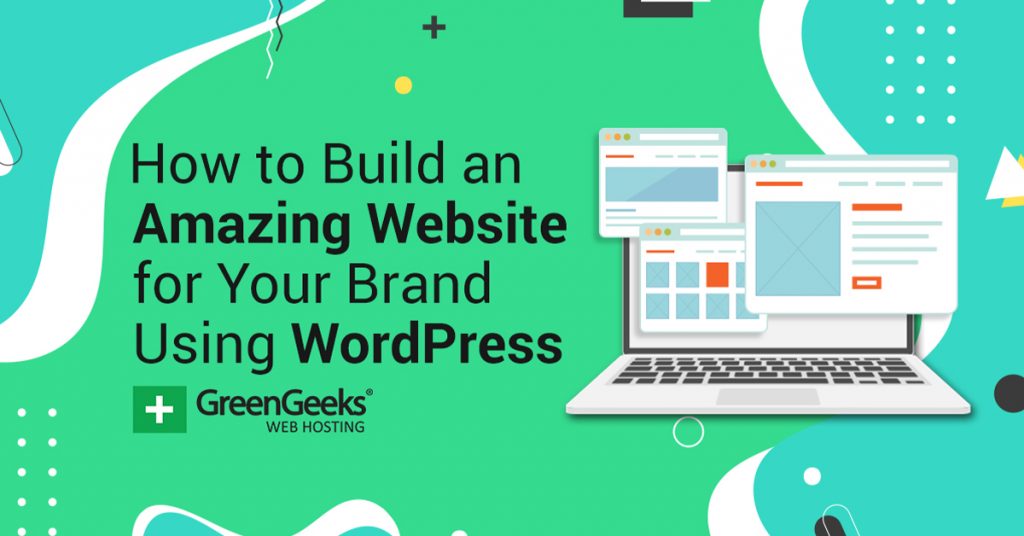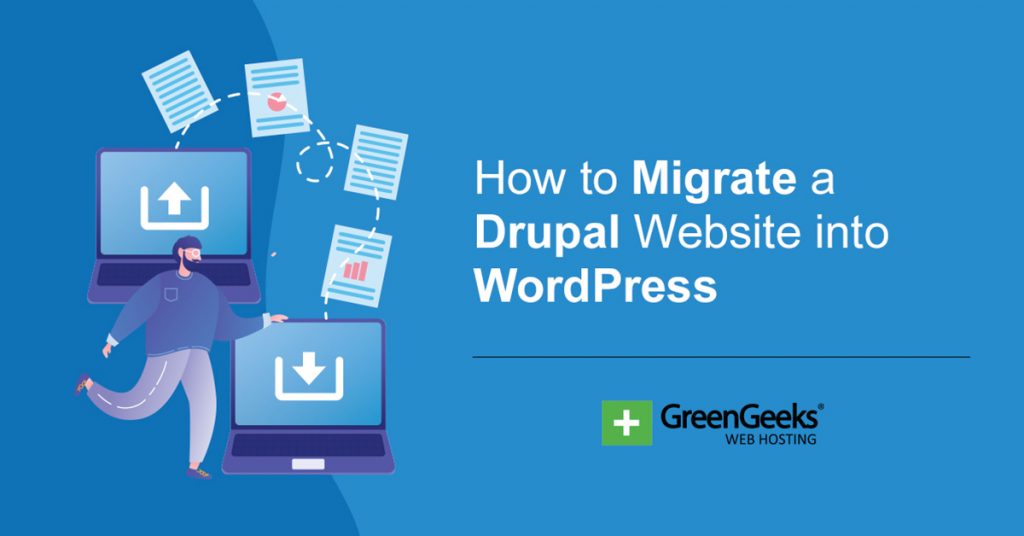Building a website that properly represents your brand is critical for success. That’s because 87% of people will check out a website before they visit an office in person. That raises the question, how do I build brand confidence?
Well, that really depends on the website you have, but there are some general rules you can follow. Let’s cover them.
How to Create A Brand
Before you can build a website for your brand, you need to decide on what your brand entails. So, the real question is what makes a brand?
By definition, a brand is a marketing concept that helps consumers identify your business or product. Many often mistake the brand for the logo, but that is only one part of the puzzle. Instead, it is just about everything from appearance to messaging.
Think about it, do you only associate the Apple logo with the company, or do you also associate innovation and quality with it? That’s why your brand includes a lot more than just the logo. Don’t get me wrong, though, the logo is very important.
When you think of some of the biggest brands in the world, you probably picture their logo. Or at the very least, can instantly recognize them. Thus, building a logo is a great starting point.
After that, you need to ensure that your messaging is consistent on and off your website.
How to Create A Website For Your Brand
Step 1: Pick A Quality Web Host
Many might not think about it, but the performance of your website will strongly influence your brand image.
Seriously, would you associate a slow website with a quality product? Probably not. And that’s why you need to pick a quality web hosting company. A web host will rent you a web server and be responsible for maintaining it.
A host has a huge effect on the performance of your website from speed to uptime. However, not all web hosts are created equal.
The quality of a web host can vary wildly, so you need to pick a trusted name. And that’s what we provide at GreenGeeks. We strive to deliver the best experience possible for customers, which has led us to become one of the top companies in the industry.
And true to our own brand, we did it while keeping our commitment to the environment.
Unlike other web hosting companies, we carefully calculate the energy we use and purchase three times that amount in clean energy. This means not only do our websites not have a carbon footprint but that they are actually carbon negative.
And for every new customer, we plant a tree in the world. If being environmentally friendly is part of your brand, signing up with an eco-friendly web host is the best choice.
Step 2: Pick A Domain Name
When you sign up for a web host, you will need to select a domain name, which is basically the URL of your website.
As you can imagine, this will play a huge role in establishing your brand.
For most companies, you want your domain name to match your business identity, and this may mean paying for that domain name. Normally, I would suggest finding an alternative, but not this time.
The domain name is essential in setting up a brand. For example, could you imagine if a third-party owned PlayStation.com instead of Sony? It doesn’t really make any sense.
In fact, most major corporations do not only own their own domain names, but they own similar ones.
For example, if you typed in amazoon.com, you would still end up on amazon.com because Amazon owns variations of its own name. This helps protect the brand by preventing impersonators that capitalize on typos.
If using your company name is not possible, or out of your price range, well you need to get creative. Try to ensure that the name is short, easy to remember, and represents the business.
That said, at this stage, you might consider changing your business name if the domain name is taken. It really makes a difference.
Step 3: Choose A CMS (WordPress)
Next, you need to choose a platform to build with. while there are a lot of choices, let’s cut to the chase and pick WordPress.
Regardless of if this is your first website or your thirtiest, WordPress is a great platform to choose. It’s easy enough for anyone to pick up and learn, yet deep enough to give veterans the tools they need. For this reason, it is the most popular CMS on the market.
And when it comes to creating a branded website, WordPress has every tool you need. And if it doesn’t you can add them with plugins. Plugins are very similar to apps for your smartphone. They are small software packages that add specific features.
When it comes to web design, you can select from over 4,000 free themes, or choose from thousands of premium layouts. A theme dictates the appearance of your website and it can be customized to fit your brand.
This includes plenty of room to display your logo and other branded content. Speaking of which:
Step 4: Create Branded Content
With WordPress installed, it’s time to start creating branded content. So what is it?
Branded content is a marketing technique in which the content you create raises awareness of your brand and is placed on other websites or content that is in line with your brand.
Or simply put, it’s content with your logo and messaging that appears on other sites or platforms.
A great example of this is branded photos or infographics. For example, in the case of infographics, these are typically fact sheets that cover a particular topic like content formats. These are great resources that other websites will use when listing a statistic.
In some cases, they may even ask your permission to display the infographics on their website. Having a great resource that has your logo front and center and shares helpful information is a great way to build up your brand.
In the case of photos, be sure to watermark them with your logo.
Now, branded content goes far past just putting your logo on things. You should also take the time to create a blog that covers topics your business cares about.
For example, if your business is linked with environmental friendliness, creating blog posts on what steps the company takes to go green can be a huge hit.
Even partnering with other organizations can be a form of branded content. For example, it makes a lot of sense for a web hosting company to support WordPress events because gets the business logo and information in the supporter’s section.
Without a doubt, this is the most important step of building a brand for your website.
Step 5: Marketing Your Website And Brand
At this point, you need to start plotting out a marketing plan.
Obviously, small businesses don’t have millions to throw at a robust marketing campaign like larger corporations. However, you should expect to spend some money buying and designing advertisements that represent your brand.
Creating a flashy ad that properly represents your business can really make or break the advertising campaign. The good news is that you have a lot of options. You can buy ads through Google or Facebook.
You can try a cheaper approach and build up a social media presence. And frankly, you should do this regardless of if you buy ad space or not. Sending out brand messaging through these channels is highly effective.
Overall, you need to make sure your brand reaches your target audience.
Branding Your Website Is Easy
The good news is that web design isn’t overly complicated and you can build a website for your brand without much trouble. That said, you need to ensure that your message is clear, and even more importantly, consistent.
Sending mixed messages is the fastest way to destroy a brand before it even begins.
What steps have you taken to raise your brand awareness?


